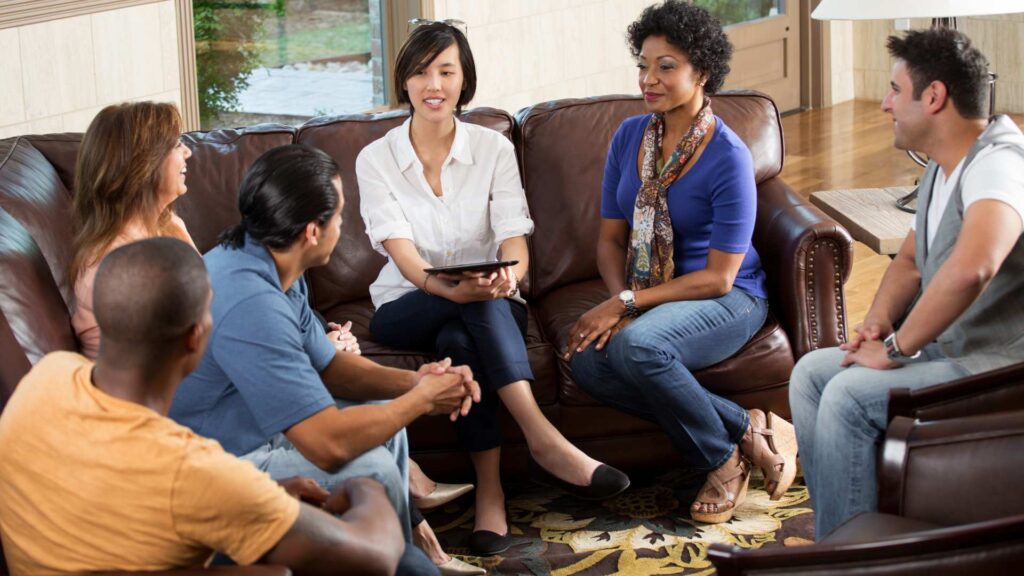Table of Contents
What Makes the Autism Community a Vital Source of Support and Inclusion?
When autism spectrum disorder (ASD) becomes part of your life, the journey can feel overwhelming. From navigating a diagnosis to understanding available resources, many families and individuals face a steep learning curve. It’s common to feel isolated at first, unsure of where to turn or who to rely on for support. But amidst the challenges, there is hope, and it lies in the strength of the autism community.
The autism community is more than a term; it’s a dynamic network of individuals, families, and professionals who share a commitment to understanding and embracing neurodiversity. Whether you are a parent searching for advice, an individual seeking friendship, or a caregiver looking for resources, the autism community offers a sense of belonging and a shared purpose.
In this blog by ABA Centers of Georgia, we will explore what makes the autism community unique and why fostering these connections is essential for growth and inclusion!
What Does the Autism Community Represent?

According to Autism Speaks, it’s a shared space where people come together around a standard connection to autism, whether as individuals on the spectrum, caregivers, educators, therapists, or allies. While the experiences and perspectives within this community are varied, the central goal remains the same: fostering understanding, mutual support, and a celebration of neurodiversity.
How the Autism Community Promotes Growth and Connection
One of the most impactful aspects of the autism community is its ability to create opportunities for learning, sharing, and growth. Whether you are new to the community or looking to deepen your involvement, the benefits of participation extend beyond emotional support to tangible improvements in the lives of individuals with autism and their families.
Knowledge Sharing and Advocacy: Many families first encounter the autism community during pivotal moments, such as seeking diagnostic services or exploring intervention options. Organizations within the community, including advocacy groups and therapeutic providers, play a crucial role in educating families about the resources available to them.
Equally important is the role of advocacy. Community members work tirelessly to promote understanding, ensuring that individuals with autism are valued, included, and given the opportunity to thrive in society.
A Space for Emotional Support: For many caregivers, connecting with others who truly understand the highs and lows of supporting a neurodiverse loved one is invaluable. The autism community provides a safe and empathetic environment where people can share their experiences with confidence and feel understood.
Whether through in-person support groups, online forums, or one-on-one connections, these relationships often become a lifeline for parents and caregivers facing the challenges of raising a child with autism.
Creating a Sense of Belonging: Belonging is a fundamental human need, and the autism community provides a sense of home for those who may feel misunderstood elsewhere. This environment celebrates diversity, highlighting the strengths and talents of neurodiverse individuals rather than focusing solely on challenges.

For instance, days like World Autism Awareness Day create opportunities for connection while shining a light on the achievements and potential of those on the spectrum.
Building Social Connections: For individuals with autism, the community offers unique opportunities to practice and develop social skills in a welcoming environment. Autism-friendly events, peer programs, and recreational activities help create spaces where neurodiverse individuals can form meaningful friendships while enjoying activities tailored to their needs.
Access to Tailored Resources: From specialized therapies to educational accommodations, the autism community connects families with a wide range of resources. Knowing where to turn for help can ease the burden of navigating a complex system and ensure that individuals with autism receive the support they need to thrive.
How to Begin Your Journey in the Autism Community
Finding your place within the autism community doesn’t happen overnight, but the journey is worth it. If you’re looking to get started, consider the following steps:
- Research Local Resources: Georgia offers a wealth of organizations, from support groups to therapy centers, that provide information and support. Reaching out to these organizations can open doors to events, services, and networks tailored to your needs.
- Engage with Online Platforms: Many families find online forums and social media groups to be invaluable in connecting with others who share similar experiences. These platforms offer the flexibility to engage at your own pace.
- Participate in Autism-Friendly Events: Look for sensory-friendly activities or inclusive gatherings that are designed with neurodiverse individuals in mind. These events create opportunities to meet others while enjoying a comfortable environment.
- Start Small: Whether you attend a local workshop or join a virtual discussion group, beginning with small steps can help ease any apprehension about participating in a larger community.
The Long-Term Benefits of Community Involvement

Engaging with the autism community doesn’t just provide immediate support—it also creates long-term opportunities for growth and advocacy. For individuals on the spectrum, community involvement can lead to improvements in social communication, self-confidence, and overall quality of life. Caregivers also benefit by gaining tools and insights that empower them to support their loved ones better.
Additionally, the autism community often serves as a platform for broader societal change. Through collective advocacy, members work to break down stereotypes, improve access to services, and promote policies that enhance the lives of neurodivergent individuals. By participating, you become part of a movement that’s driving meaningful progress.
ABA Centers of Georgia and the Autism Community
ABA Centers of Georgia provide compassionate, evidence-based care that supports individuals with autism and their families. Our mission goes beyond therapy; we aim to build connections, foster understanding, and create a world where every individual on the spectrum has the opportunity to thrive.
Our comprehensive services include:
- Tailored ABA Therapy: Personalized ABA programs designed to meet the unique needs of each individual.
- Parent Training and Education: Empowering families with the knowledge and tools to support their loved ones.
- Community Engagement: Actively participating in events and initiatives that promote inclusion and awareness.
For more information, call us at (855) 929-5058 or schedule a free consultation with our team. We are here to help you navigate your journey within the autism community and beyond.









